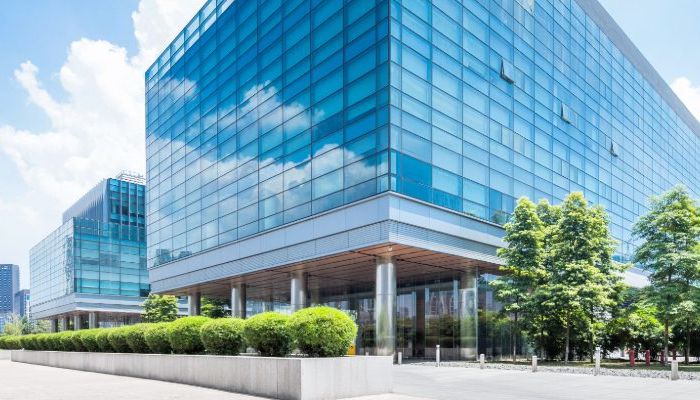Organizations have been trying to get their employees to spend more time in the office, citing the benefits of co-location for both the business and the individual. While resistance to being in the office full-time remains, most employees seem to have come around to the notion that working from home five days a week may not be in their best interest. Only 25% of respondents to the FM:Systems 2025 Inside the Workplace employee survey said their ideal work arrangement is fully remote.
That begs the question: What can employees do in an office that they can’t do at home? Workers are starting to agree with employers on that, too. Our survey showed that two-thirds of business leaders, and nearly half of employees working a hybrid schedule, believe the primary value of a workplace comes from its role as a gathering point to facilitate collaboration and mentorship, spur innovation and strengthen bonds.
Here are three areas where FM:Systems technology can maximize these and other benefits of the workplace for both organizations and their employees.
Indoor Air Quality: Optimizing Workplace Health and Enhancing Productivity
When asked what they would most like to improve about their current workplace, almost half of business leaders responding to our survey cited indoor air quality (IAQ). That’s because they understand the broad impact poor IAQ can have on their employees and the collective pursuit of business goals. In fact, a Harvard University study found that improving IAQ increased cognitive performance by 61% and productivity by 10%.
That study was conducted using environmental sensors deployed to measure levels of particulate matter and carbon dioxide in the workspaces of 300 office workers in six countries. It’s a powerful example of how organizations can implement these sensors to help improve employee health and well-being across their portfolio, while maximizing the return on investment in their two biggest expenses: workforce and real estate.
Businesses and their employees love environmental sensors not just for how they contribute to improving conditions indoors, but because they can also help address climate change outdoors.
Sustainability: Driving Energy Efficiency and Eco-Friendly Workplace Practices
By giving facility managers a real-time view of temperature, humidity and other air quality conditions, environmental sensors can reveal anomalies that might indicate suboptimal equipment performance. For example, a spike in particulate matter readings might be a symptom of a worn-out filter. Issues like this not only degrade IAQ and employee comfort, but can lead to energy waste as equipment has to work harder to do its job. That’s why these devices play an important role in another initiative that organizations and employees agree on: sustainability. Two-thirds of business leader respondents to our survey said that sustainability is a higher priority now than it was a year ago, while 75% of employee respondents said it’s important for their organization to commit to sustainability.
FM:Systems technology supports sustainability initiatives by empowering organizations to improve efficiency and address sources of energy waste. Solutions like the integration of Johnson Controls Metasys building automation system into FMS:Workplace integrated workplace management system enable proactive and predictive maintenance to minimize wasted energy, time and effort in maintaining building equipment. The Energy Dashboard within FMS:Insights workplace analytics platform makes it easier to monitor energy cost and greenhouse gas emissions, giving organizations powerful new insights to accelerate progress toward sustainability goals.
Space Planning and Optimization: Maximizing Office Layouts for Effective Collaboration
Businesses and employees agree that the primary function of the office is to facilitate in-person collaboration. But many organizations feel they lack the right kind of space to fill that role. Among business leader respondents to our survey who said their current space doesn’t suit their needs, 44% cited insufficient space for meetings. But what if your current space could meet your needs without requiring a costly and disruptive renovation or relocation?
FM:Systems FMS:Employee is a flexible, intuitive and versatile workspace scheduling solution to help connect workspaces, conference rooms, coworkers, amenities and guests in a seamless scheduling experience. Room and desk booking makes it easy for employees to find and reserve collaborative spaces for meetings or workstations near their teammates so they can make the most of their in-office days.
In combination with workplace analytics tools like FMS:Insights, data from room and desk booking software and Internet-of-Things sensors can reveal how often meeting spaces are actually in use. Armed with that insight, you can make informed decisions about how to manage those spaces and whether or not perception is reality when it comes to not having enough space for collaboration.
Business leaders understand that having their workforce together in an office provides opportunities for collaboration, innovation and bond-building that working from home simply can’t offer. Now, employees are acknowledging those benefits as well, putting both parties on the same side when it comes to embracing technology that will allow them to make the most of their in-office time. FM:Systems solutions help organizations create environments where employees feel inspired to come into the office and connect with their teammates, while delivering the cost savings and improved efficiency business leaders are looking for.










